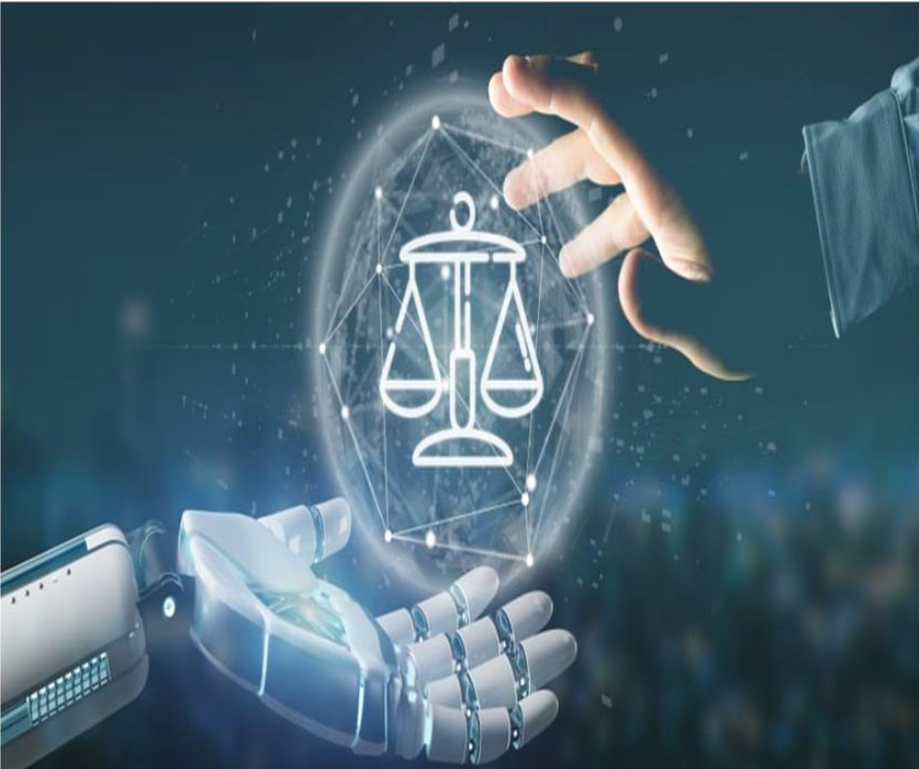Artificial Intelligence And The Legal SectorElementor
Artificial intelligence (AI) has become increasingly relevant in the legal sector due to its potential to transform various aspects of legal practice. AI applications enable law firms to improve efficiency, accuracy, and client service by automating repetitive tasks, facilitating better decision-making, and focusing human efforts on higher-value legal work.
Despite the effectiveness and efficiency of artificial intelligence (AI), there are challenges faced by the legal sector, and this article seeks to highlight these challenges and address ways to deal with them.
This article also ponders whether or not the invention of artificial intelligence will replace the duties of lawyers.
